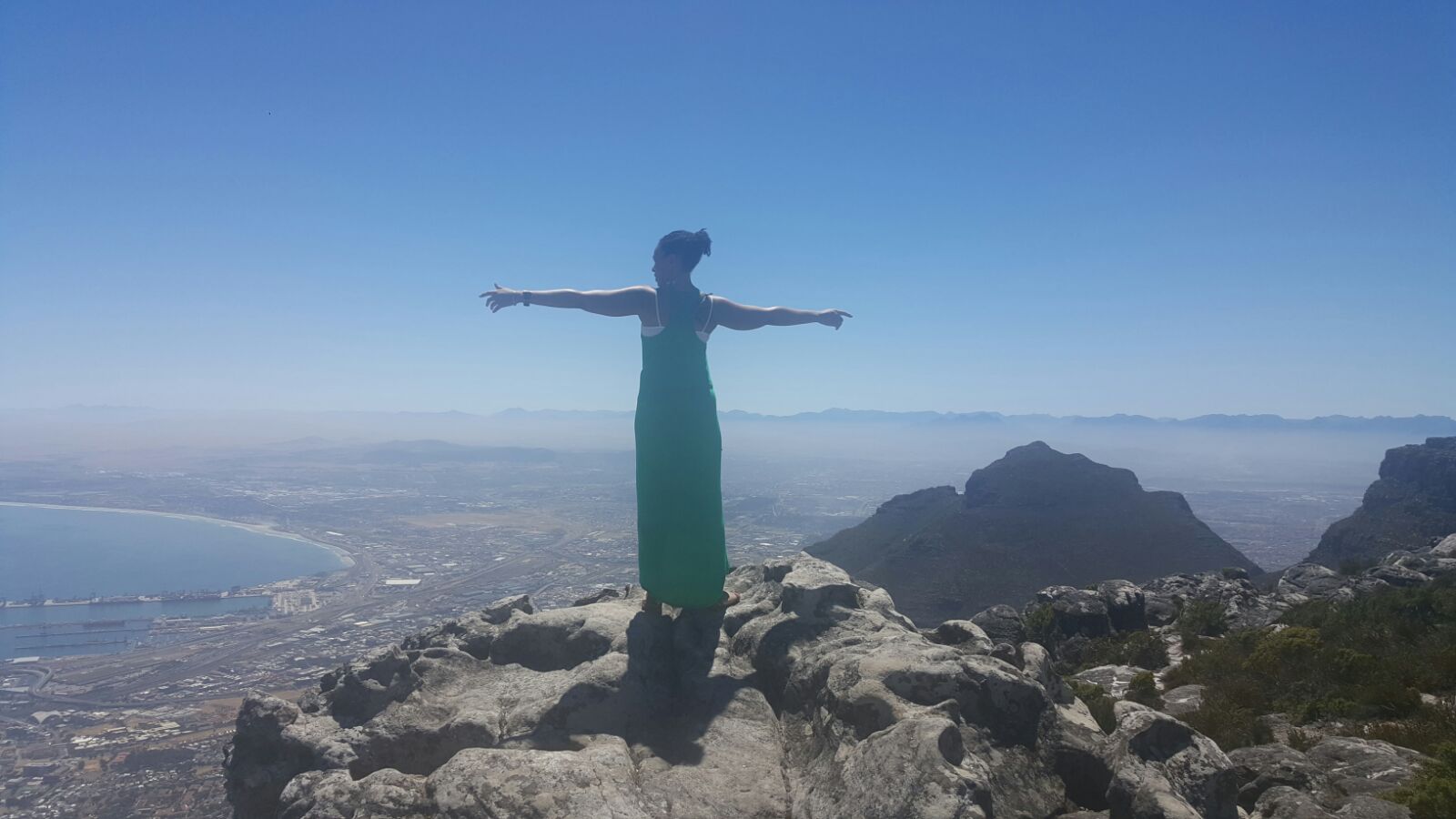
As a frequent traveler, I know my way around many airports. The process is ultimately the same, right? Check your bags, go through TSA, wait at your gate and board the plane. Recently, I flew out of Atlanta. The TSA pre-check line required you to collect a large bin from the bottom row of conveyor belts, put all your belongings in the bin and place it back on the top conveyor belt to be screened. After passing through the metal detector, you collected your bags as usual. Thankfully, this day I did not set off any alarms, and as I removed by backpack and shoulder bag from the tray, I noticed the woman in front of me was visibly upset. “I don’t understand why people can’t just follow directions. Why does it have to be so difficult?” She gathered several empty trays, stacked them at the end of the line and walked off in a huff with her travel companion.
Being aware of more than one TSA system makes traveling less daunting. In many TSA pre-check lines there are no bins. All items, except wallets and keys, go directly on the belt. In some small airports, there are no separate TSA pre-check lines. Other than keeping your shoes on, there are no special perks for being pre-check. In many airports, the TSA agents collect and return the empty containers. Your end goal is still the same, to get on a plane.


- Traveling from Nairobi, Kenya to Bujumbura, Burundi with Dr. Bella
Being aware of more than one system of medicine makes practicing less daunting. As physicians our goal is to take optimal care of patients. The traditional system of medicine teaches us that we need to get the right (if not perfect) grades, a high MCAT score, pick the right medical school, a competitive residency and the ideal job that we can keep for 35+ years until we retire. This system does not teach us that we can change our minds and not finish medical school, or transfer out of a residency program or work in more than one place by choice. We are taught to work until we are exhausted and that’s just the way it is. We are taught that locums is only for transitioning or for physicians who just can cut it. We are taught that we should feel guilty if we consider non-clinical options. This system is no longer working. As we are beginning to see, there are multiple ways to practice medicine. Even more, we have the ability to choose or influence the system in which work. The end goal is still the same: to take optimal care of patients.

We have the power to choose how we practice, when we practice and for how long we practice. I joined a community-based practice in a suburban town, which I loved. I enjoyed the diversity of the patients, the collegiality of my co-workers and the pace of the clinical requirements. Over the course of a few years, the practice grew and changed. The dynamics of the practice no longer fit my needs. I approached the leadership to discuss the changes, looking for a new normal for me. Instead, I realized my purpose could no longer be met by the organization and chose to move on. One of my goals as a locums physician is not only to practice on my own terms, but also better understand the various practice models across the country so that I can help and encourage other physicians to choose to live a well-balanced life. I want to see us practice safely; care for our patients, and ourselves and to feel like there are options to combat physician burnout other than leaving clinical medicine.
It struck me that the lady in the TSA line was accustomed to a single system, a single way of doing things. Instead of acknowledging that others could be accustomed to a different system and adapting, she allowed her frustration to manifest in a way that was only destructive to herself. As physicians, we may be overwhelmed and overshadowed by expectations of our groups, hospitals or accountable care organizations. Exhaustion and frustration can lead to burnout, bailout and self-destruction. When we recognize that we are not prisoners to the current system, we can adapt, change it or move on. We don’t have to follow directions. We have options and burnout does not have to be one of them.










